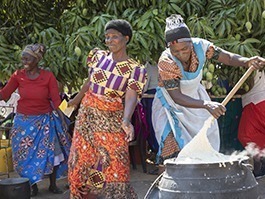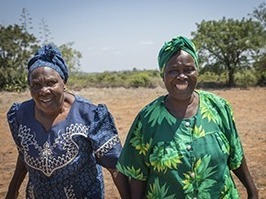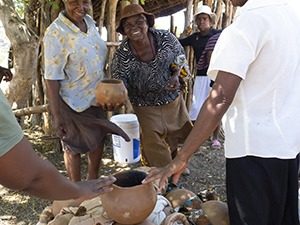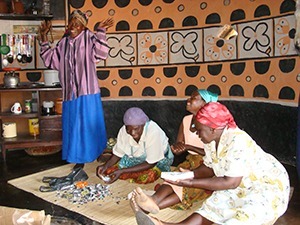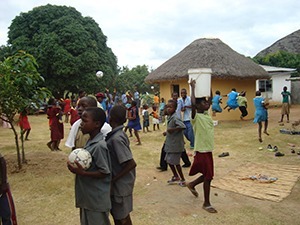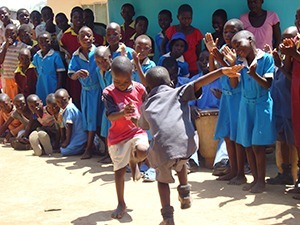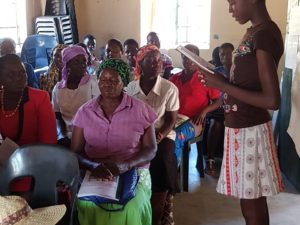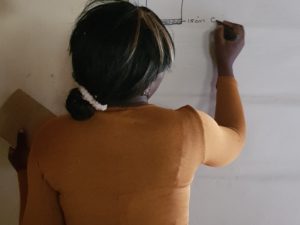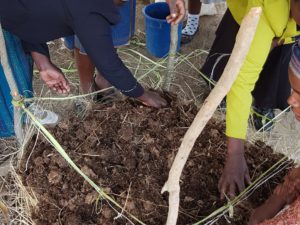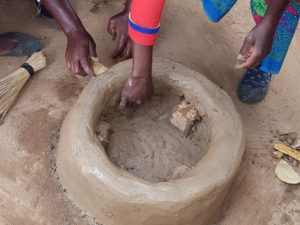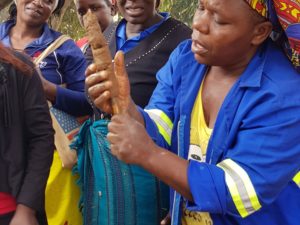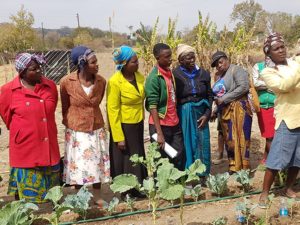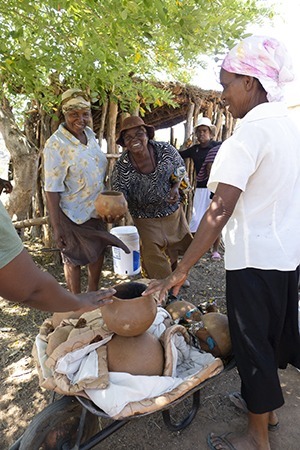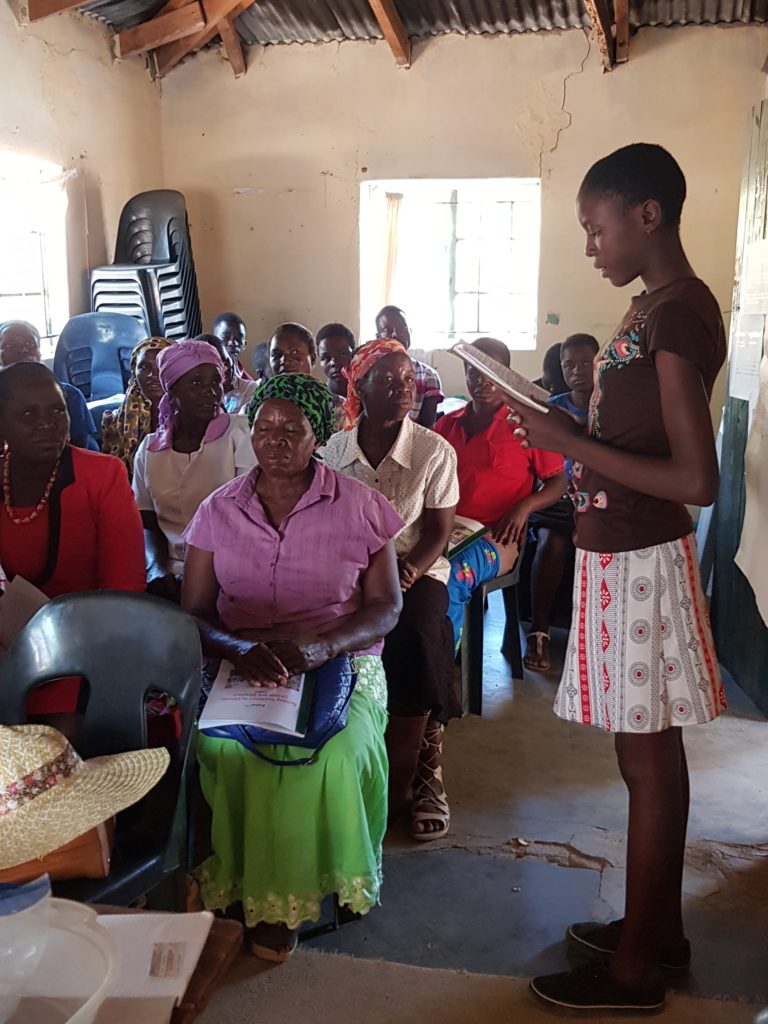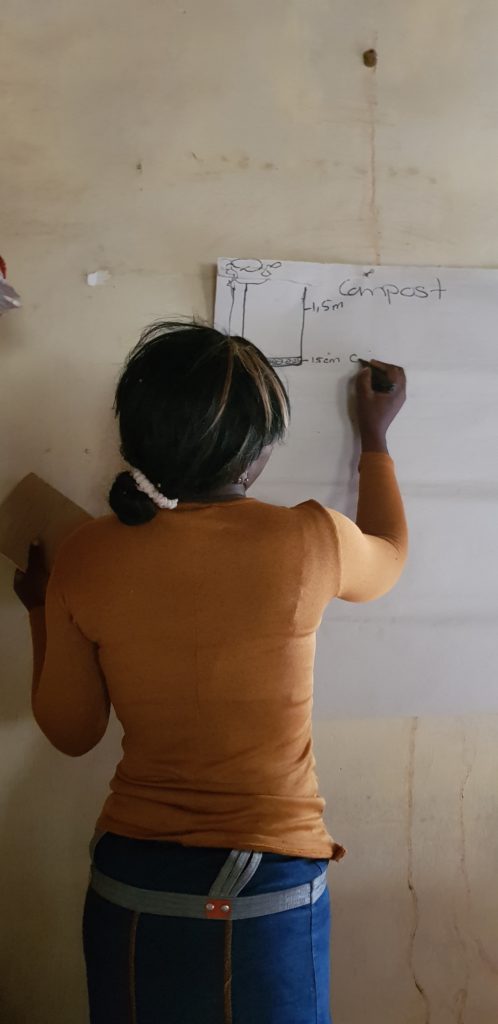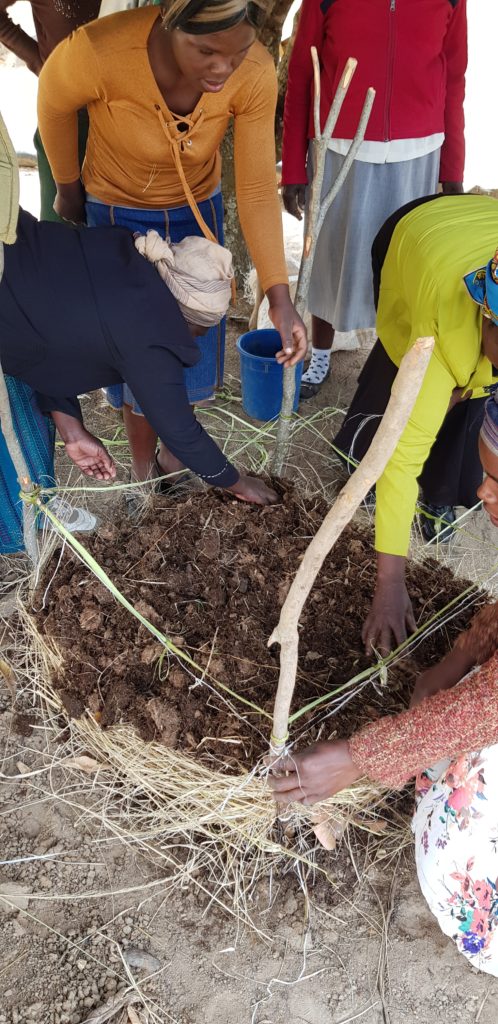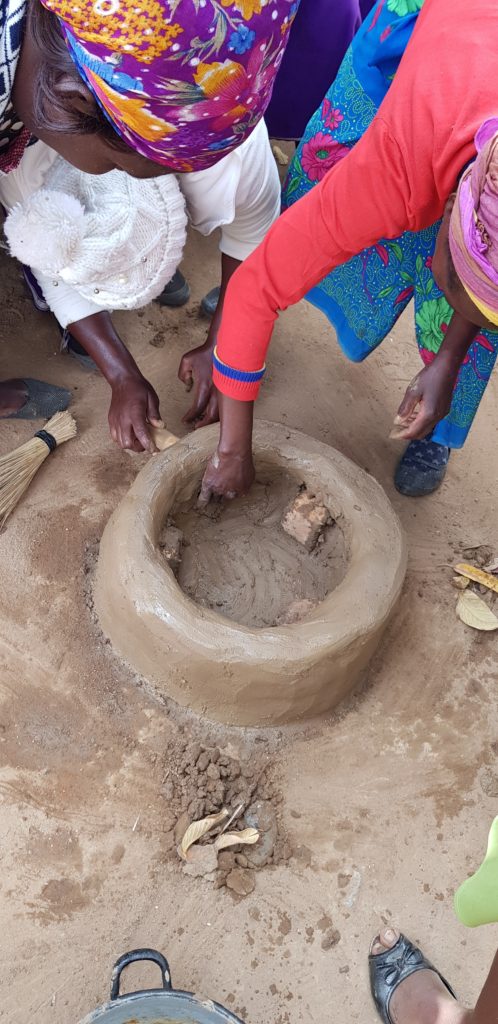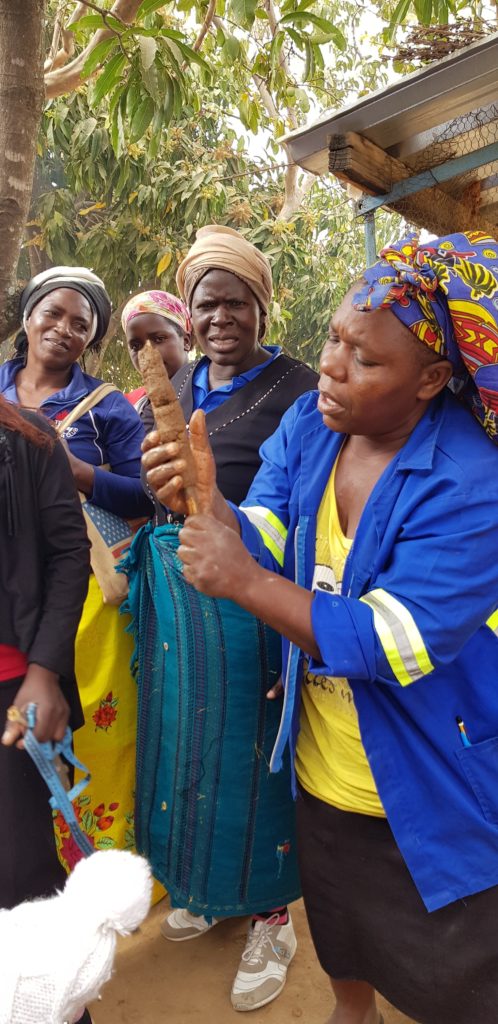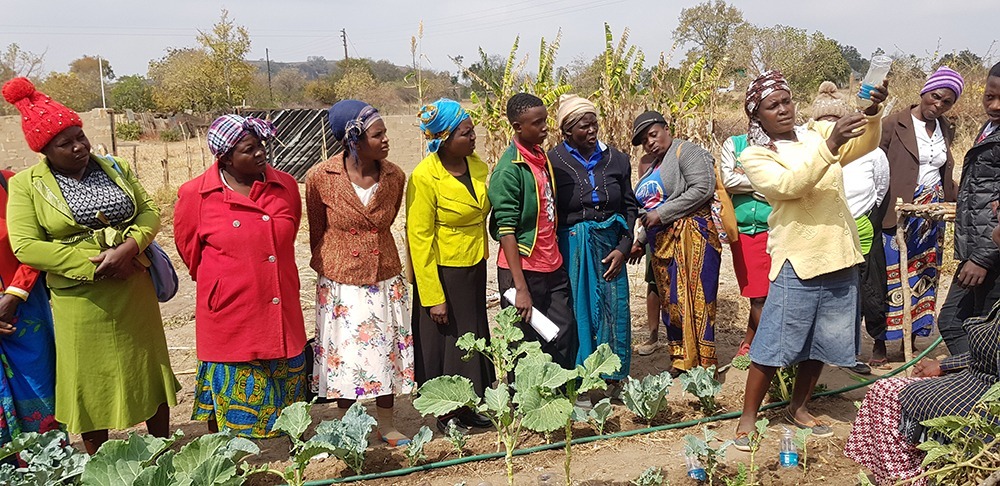
Zimbabwe is located in Southern Africa with a population of approximately 14,5 million. Throughout their recent history, Zimbabweans have struggled for their independence and democracy. Zimbabwe has also been facing severe droughts and have implemented land reform, which has contributed to political and economic crisis between the years 2000 and 2008 that has left a fifth of the country’s population in extreme poverty. In addition, the country’s hiv- and aids-prevalence rates are one of the highest in the world. Nevertheless, Zimbabwe holds great potential with its natural resources, public infrastructure and educational achievements.
Implementing partner: Gwai Grandmothers Group
Project description
The grandmothers’ groups in the Gwai area were formed as an informal response to Zimbabwe’s 1990s political chaos, deepening economic plight, livelihood challenges, deteriorating situation of HIV and AIDS and drought years. The grandmothers of a Lutheran congregation in a small country village in Matebeleland organized themselves in order to take care of orphans in their community. Soon they were joined by grandmothers in other churches. Thus was born the first Grandmothers groups in the area
With the worsening economic and political situation as well as the global health crisis caused by COVID-19, vulnerability of persons with disabilities, women and children and people living with HIV has increased during the past few years.
The project development goal
The project aims at increased access to nutritious and adequate food; quality education; as well as to needs based psychosocial care and support for the orphans and vulnerable children of the project area. In addition it aims to bring financial sustainability to the households caring for the targeted children by strengthening their skills base, providing exposure to different livelihood opportunities and resources.
Examples of key activities
Grandmothers’ groups define themselves the targeted children. They are familiar with the community and the situation in families and are therefore able to assess the situations and prioritize the needs of individual children. They provide psycho-social support, such as discussion and plays with the children, as well as storytelling and discussions to strengthen children’s identity, belonging to society and self-esteem. They also support the education of children by encouraging, assisting with homework and providing school fees, school uniforms and school books.
Implementing partner: Jairos Jiri Association JJA
Project description
Project areas Mashonaland East, Masvingo and Matabeleland South Provinces in Zimbabwe generally fall under Region five which usually receive the least rainfall and often experience perennial droughts and other natural disasters as the weather patterns in these regions are unpredictable. Thus, the inhabitants are mostly poor and live from hand to mouth depending mostly on relief programmes that are implemented by the Government and other organisations. Persons with disabilities are usually the worst affected due to several factors that include discrimination and social exclusion. These areas are also remote and poorly serviced especially the road networks and other social services that include health, water and sanitation as well as schools.
The project development goal
The right to access services and participate in community development programmes and decision-making systems/structures by persons with disabilities in Matabeleland South, Masvingo and Mashonaland East is realized.
Examples of key activities
- Train representatives of regional governments and other selected key stakeholder on the rights of people with disabilities, build relationships with the media and support positive reporting on people with disabilities.
- Provide training for targeted groups, such as DIDDR for traditional leaders in communities, as well as inclusive education for teachers and sign language for service providers.
- Disability committees will be set up in the regions, self-help groups for people with disabilities and communities will be mobilised to promote the development agenda of people with disabilities.
Implementing partner: Zimbabwe Council of Churches (ZCC)
Project description
Zimbabwe is crippled with burden of many challenges that include climatic induced shocks (floods and droughts), economic instability with high inflation (over 737%) and high unemployment rate (80%). Due to covid 19 pandemic, there has also been loss of livelihood opportunities.
The interplay of these challenges has triggered a food insecurity humanitarian crisis in rural and urban communities. The current food insecurity situation has affected food availability and accessibility exposing vulnerable households with limited livelihood options to engage in negative coping strategies. Livelihoods and resilience building programs are necessary to solve the current challenges in targeted communities in Masvingo, Midlands and Matebeleland South Provinces.
The project development goal
The impact of the project is to improve livelihoods and building resilience for vulnerable populations in targeted communities.
